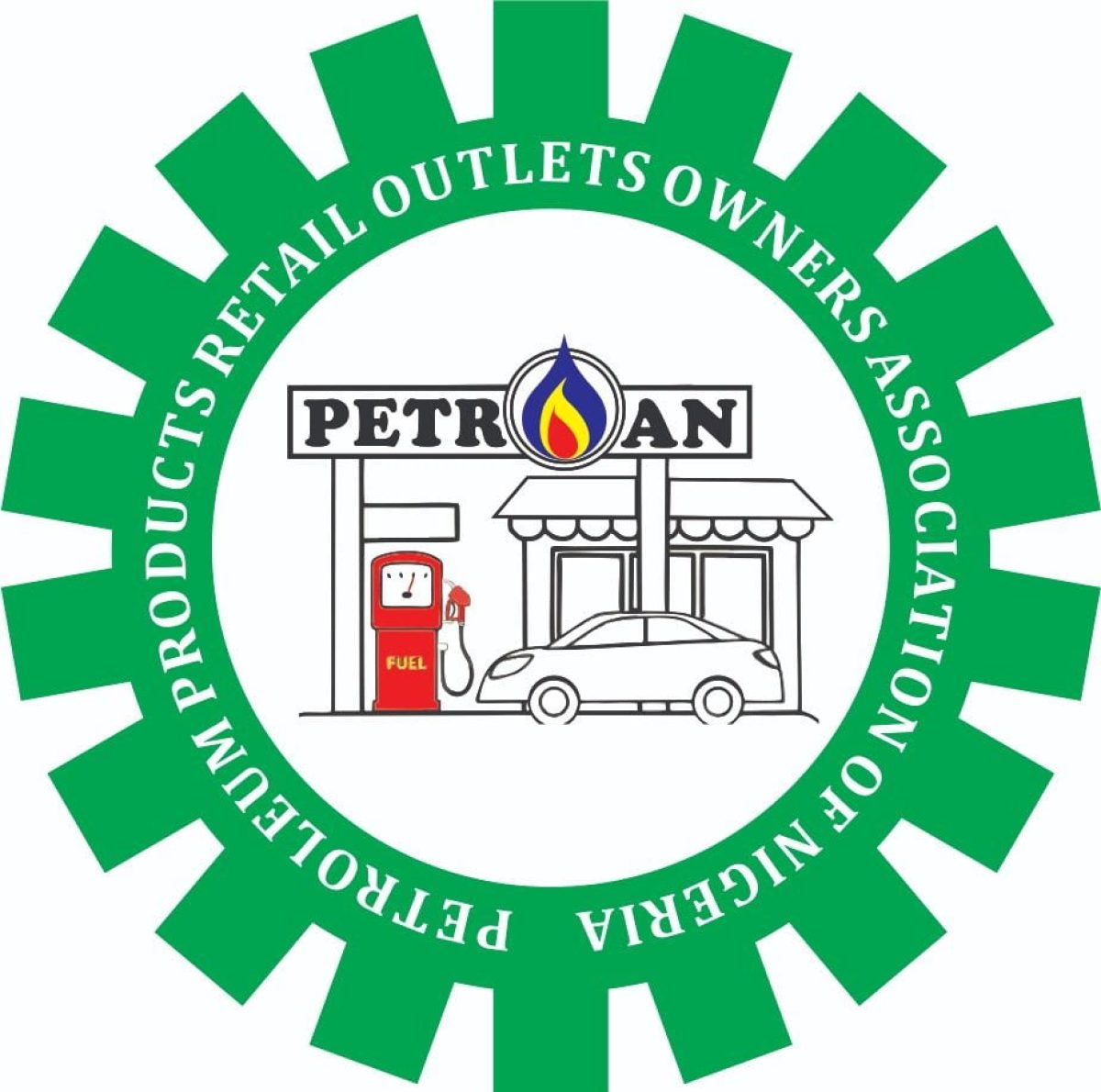The Petroleum Products Retail Outlets Association of Nigeria (PETROAN) has urged refinery operators to prioritize the importation of high-quality crude oil as the naira-for-crude tenure expires today.
Speaking on the development, its National Public Relations Officer, Dr. Joseph Obele, PETROAN emphasized the importance of ensuring that imported crude meets global standards to guarantee the production of high-quality petroleum products.
The association explained that Nigeria’s crude oil, known as Sweet Crude due to its low sulfur content (less than 0.5%), ranks among the best globally. PETROAN expressed concerns over the possibility of importing substandard crude, warning that it could compromise petroleum product quality, hinder industry growth, and negatively impact consumers.
Also Read: Bank Customers Accuse Financial Institutions of Excessive Charges
Amid speculations of a potential fuel price hike following the end of the naira-for-crude deal, PETROAN called for measures to maintain price stability and energy sufficiency. The group advocated for the continued importation of refined petroleum products to cushion any potential price surge.
PETROAN also urged regulatory agencies to conduct rigorous laboratory tests on all imported crude to ensure compliance with quality standards. It called on refinery operators to uphold the highest operational standards and requested the Minister of State for Petroleum Resources (Oil), Senator Heineken Lokpobiri, to review the first phase of the naira-for-crude initiative to determine the next course of action in the best interest of Nigerians.
Despite recent increases in the pump price of Premium Motor Spirit (PMS), PETROAN remains optimistic that the hike is temporary. The association pointed to reforms under the Petroleum Industry Act (PIA), which it said encourage competition in the downstream sector, a key driver of price reductions in any market.
To safeguard its members and consumers, PETROAN pledged to conduct independent testing of refined petroleum products to determine reliable sources for fuel purchases, ensuring that Nigerians are not exposed to substandard products.




